For many years, muesli has been a mainstay on breakfast tables. This dish is made composed of oat groats, which are essentially oat kernels with their husks removed. In everyday usage, oat goats can be rolled, instant, or steel-cut (or chopped).
When preparing muesli, the usual steps involve boiling it in liquid and serving it hot, occasionally topped with fruit, nuts or sweeteners.
For a quick and easy breakfast, you could even cook it the night before and simply reheat it in the morning. Because muesli has a lower glycemic index than other breakfast options like cold cereal with added sugar, sandwiches with extra jelly or pancakes with syrup, they might not be as beneficial.
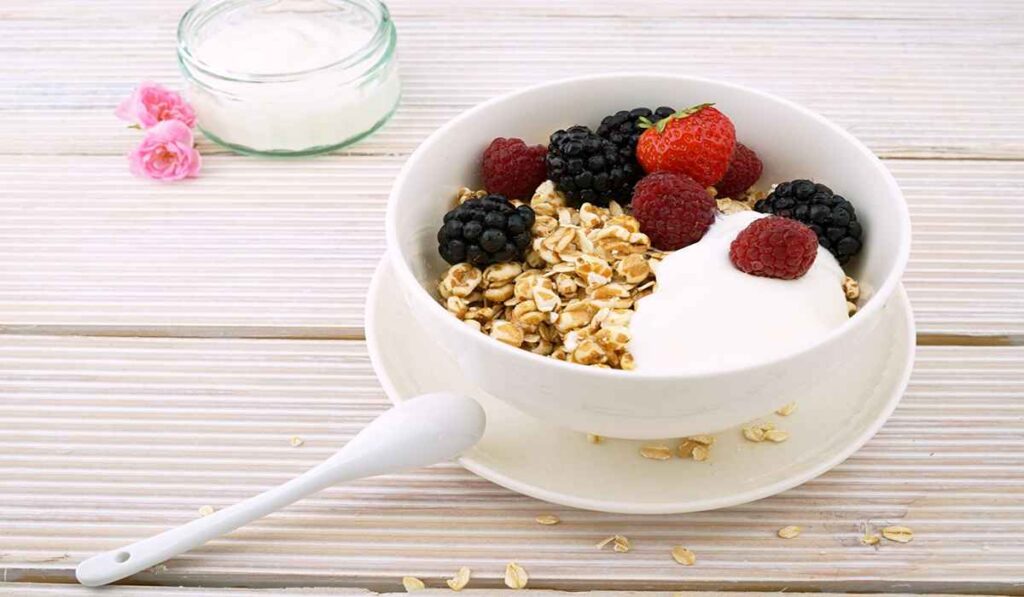
The rate at which oats are broken down into instant oats increases with their processing volume. This implies that there’s a chance the blood sugar will rise faster.
After eating, diabetics can take a test to discover how different breakfast alternatives affect their blood sugar levels. Furthermore, muesli strengthens heart health, which is especially beneficial for diabetics as diabetes raises the risk of cardiovascular illness.
The Health Advantages of Muesli
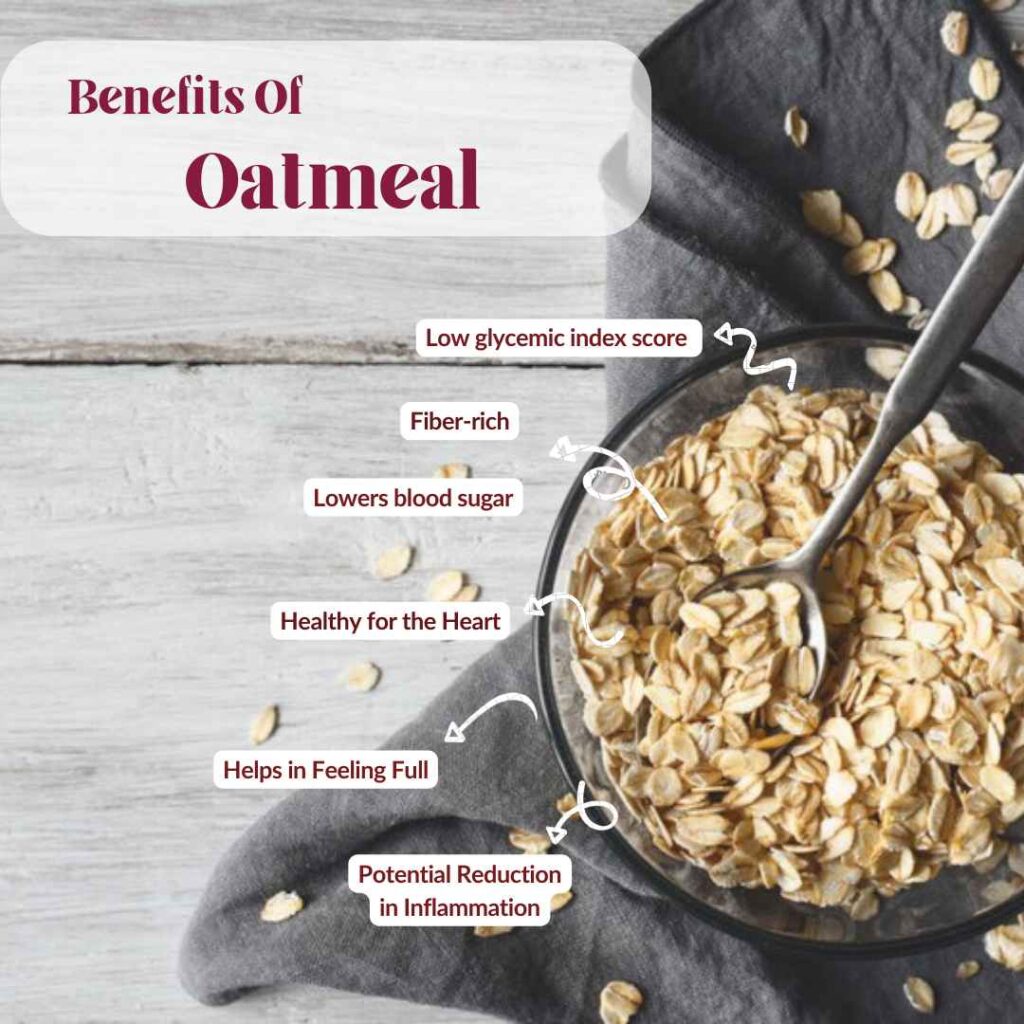
Muesli includes a lot of carbohydrates, but it also has a lot of positive properties that may help patients with diabetes. Some advantages that diabetics may experience from eating muesli include the following:
1. Low score on the Glycemic Index

A measure of how quickly blood sugar levels rise in response to different diets is called the glycemic indexs (GI). A higher figure means that the food causes a greater rise in blood sugar. It’s quite beneficial to eat meals with a lower glycemic index (GI) to assist keep blood sugar levels steady.
Generally speaking, these foods won’t raise blood glucose levels as much or as quickly as foods with a high glycemic index. Low-glycemic index meals include rolled or steel-cut oats used in muesli and muesli. The reason for this is that their glycemic index score is 55 or below.
2. Fiber-rich
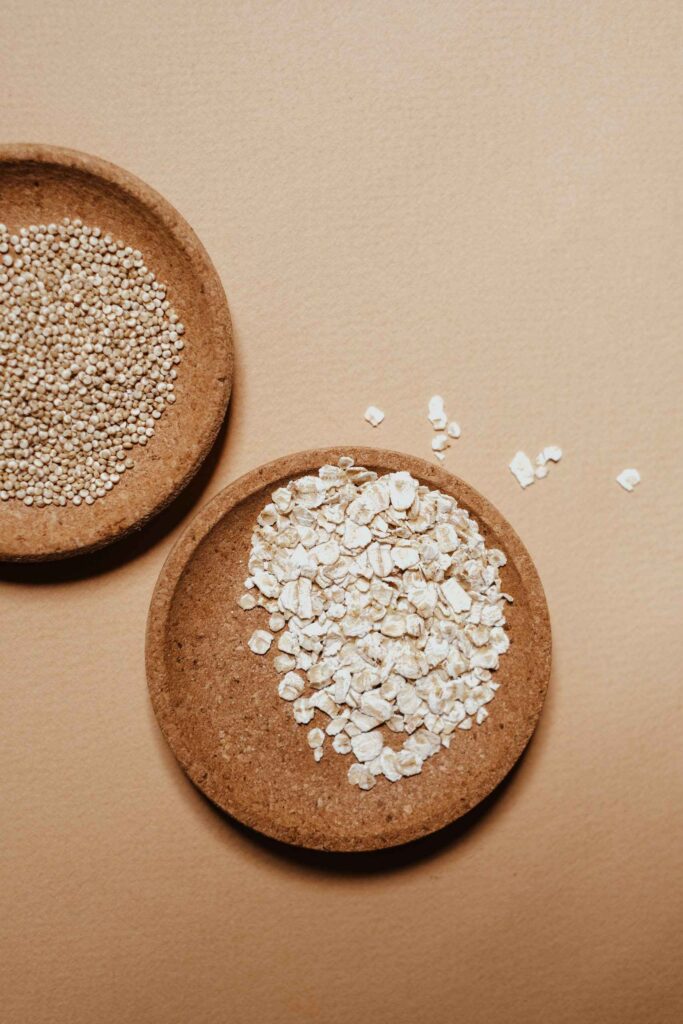
Because fibre aids with digestion, it is especially important for someone with diabetes to eat it. Eating a diet rich in dietary fibre may cause the body to break down sugars more slowly. It’s feasible that doing this will lessen the likelihood of blood glucose and insulin levels rising.
If people with diabetes eat meals high in fibre, like muesli, multiple times a day, they may find it easier to keep their blood sugar levels consistent.
The American Diabetes Foundation states that individuals should get at least 25 to 30 grammes (g) of fibre per day, yet most adults do not even come close to fulfilling this recommendation. In addition to adding 8 grammes of fibre to the diet, muesli also has several health advantages and makes following dietary guidelines much easier.
3. Lowers blood sugar
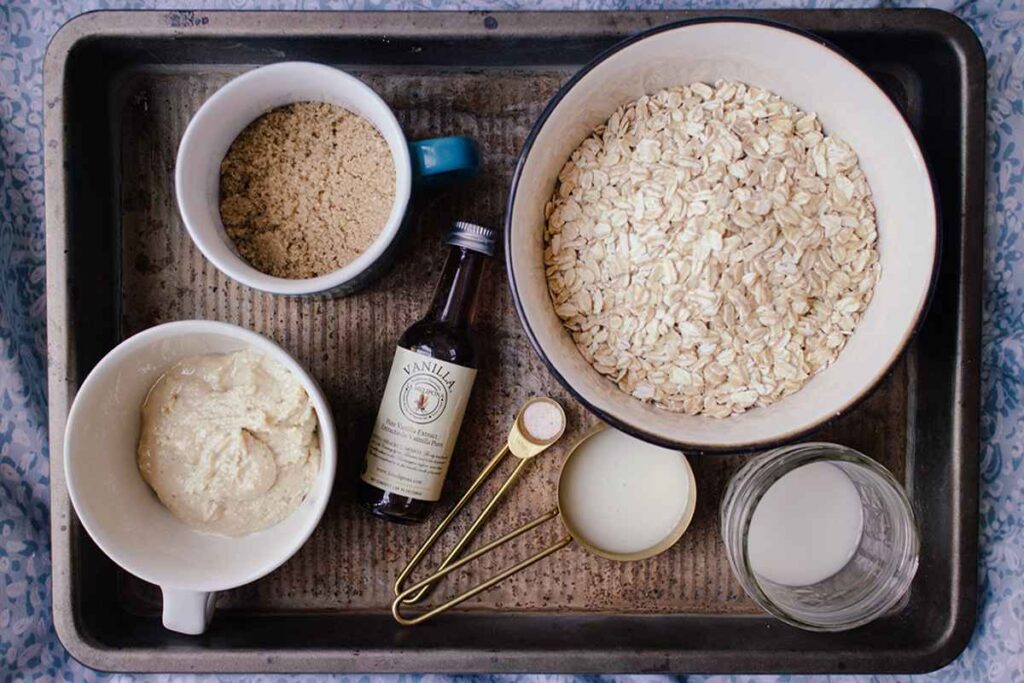
Because they are uncommon in other meals, beta-glucans are a type of fibre that makes oats special. Beyond other helpful diabetic behaviours, consuming beta glucans aids in blood glucose regulation.
4. Healthy for the Heart
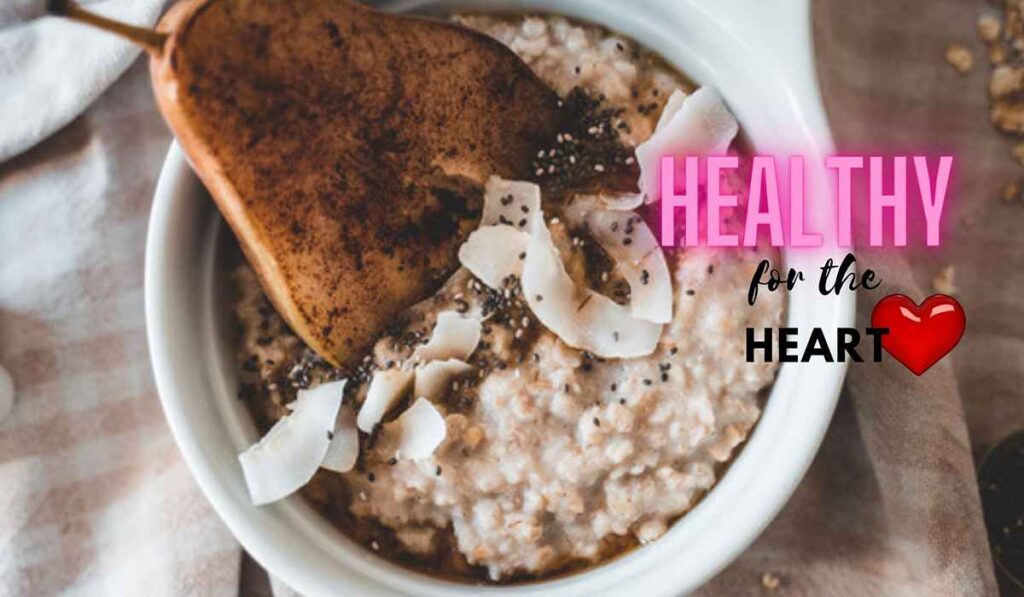
To maintain their best health, people with diabetes may also require treatment for other conditions including high cholesterol. Oats include healthy beta-glucans that may be especially helpful in reducing bad cholesterol while keeping good cholesterol levels stable.
5. Promotes a Full Feeling

High-fiber foods, like muesli, may also contribute to the body’s ability to feel fuller for longer. This could make it easier to avoid snacking during the day, which could be advantageous for preserving blood sugar homeostasis overall. Some people may find it easier to stick to a lower daily calorie consumption if they feel full. Because of this, they might be able to either maintain their ideal weight or reduce it.
6. Potential Reduction in Inflammation
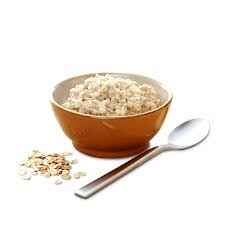
Another reason to include oats in your diet is their anti-inflammatory properties. Inflammation is one of the body’s natural defence mechanisms. Your body will create inflammatory cells, for instance, if you are harmed, to aid in your healing.
On the other hand, conditions like type 2 diabetes, ongoing stress, poor eating habits, and a sedentary lifestyle can all contribute to an overabundance of inflammation. Oats include avenanthramide, an anti-inflammatory chemical that may reduce diabetes-related inflammation.
Researchers looked into the effects of giving individuals with type 2 diabetes a diet richer in oats in a randomised controlled experiment. The researchers found that because high blood sugar and inflammation are linked to microparticles, the diet decreased the amount of microparticles found in blood platelets.
Read Also: Can diabetics eat fat?
Ideal muesli for diabetics to consume
A variety of oats can be used to make muesli. Still, not every type of oat is made equal when it comes to blood sugar regulation. Oats with a lower glycemic index and the least amount of processing should generally be the ones you use for your muesli.
The rate at which food breaks down into glucose is gauged by the glycemic index. The meals you eat should ideally have a lower glycemic index if you have diabetes and would like your blood sugar levels to fluctuate less. Taking everything into account, steel-cut oats are the best type of muesli for diabetes.
Because it is minimally processed and retains all of the fibre and essential minerals, muesli is incredibly healthful. Cutting oat groats in half is one way to maintain healthy blood sugar levels. since they are the type of oats that are highest in fibre. When compared to other varieties of oats, muesli prepared with steel-cut oats has a slightly different consistency and flavour, and it can require a little bit more cooking time.
In summary
Diabetes does not prevent a person from eating the foods they enjoy. It could be essential to make some changes, though. Muesli is a great breakfast option if you have diabetes because it’s a high-fiber, nutrient-dense carb.
You should be able to prepare a healthier bowl of muesli for breakfast if you adhere to all of the preceding advice. You may try steel-cut oats, which are topped with crushed peanuts and cooked with unsweetened almond milk. In general, if you have diabetes, consuming muesli may be good to you.
On the other hand, you ought to be selective about the kind of oats you consume and control how much you eat at once. It’s still possible that bad things will happen. Because muesli has a high fibre content, some people may get gas and bloating. If you see that this is happening, you might want to drink some water along with your oats.

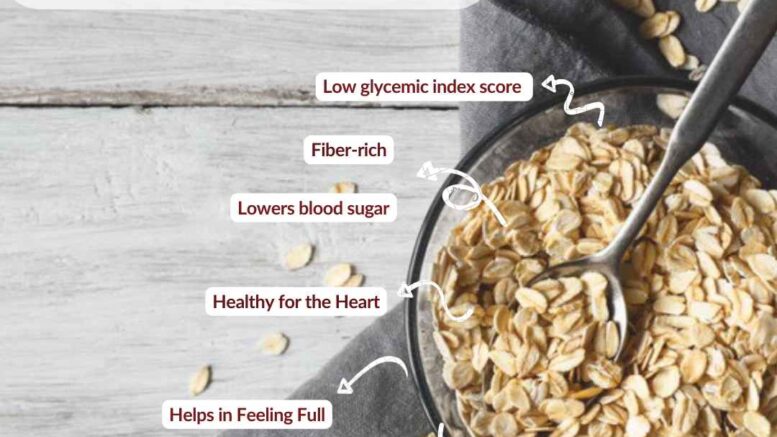
Be the first to comment on "The Muesli Guide: Six Diabetes Benefits"